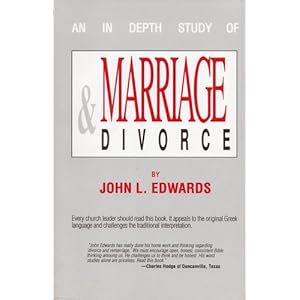Of course, in addition to prayer, we find a strong emphasis on teaching as a reason to gather. For example,
(Acts 2:42 ESV) 42 And they devoted themselves to the apostles’ teaching and the fellowship, to the breaking of bread and the prayers.
(Acts 5:42 ESV) 42 And every day, in the temple and from house to house, they did not cease teaching and preaching that the Christ is Jesus.
(Acts 13:1 ESV) Now there were in the church at Antioch prophets and teachers, Barnabas, Simeon who was called Niger, Lucius of Cyrene, Manaen a lifelong friend of Herod the tetrarch, and Saul.
(Acts 15:35 ESV) 35 But Paul and Barnabas remained in Antioch, teaching and preaching the word of the Lord, with many others also. Continue reading






